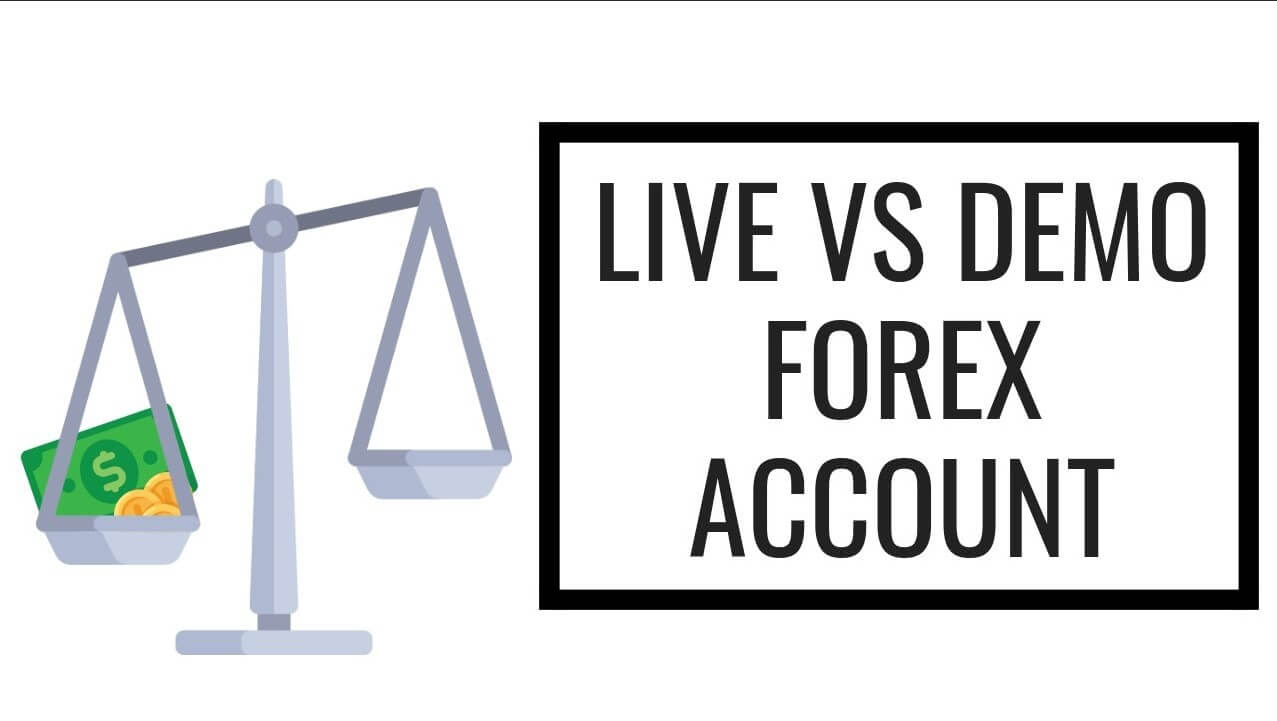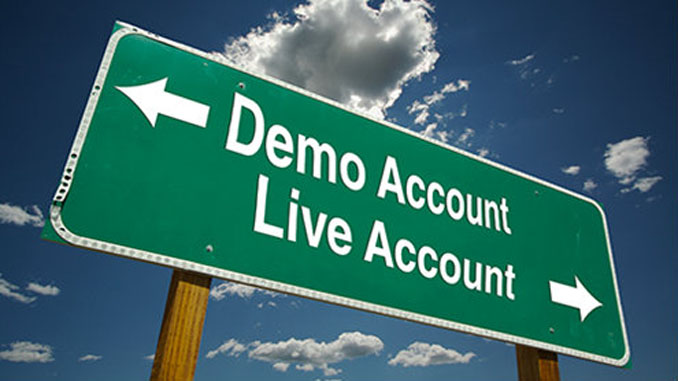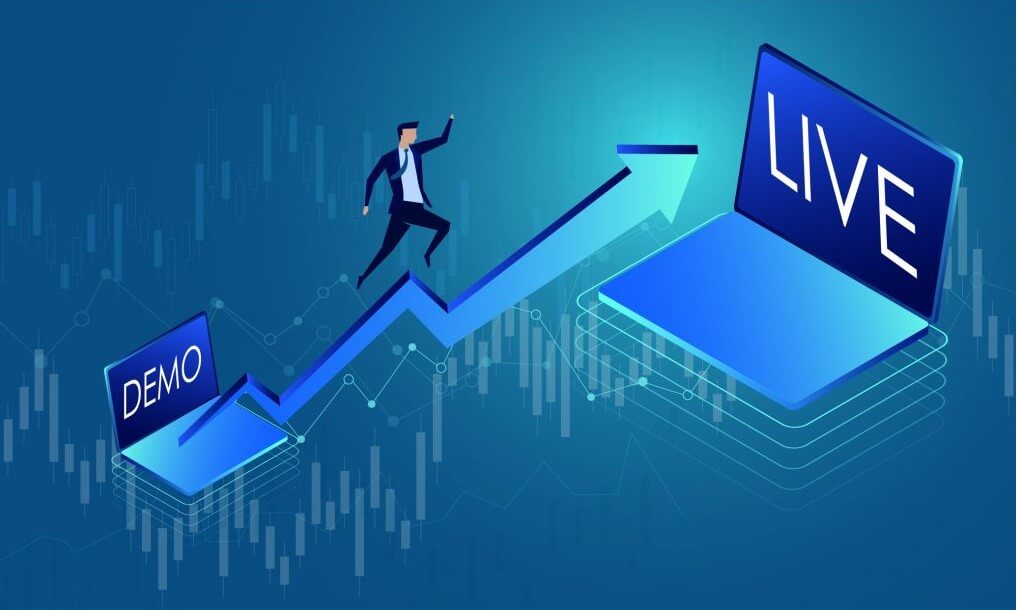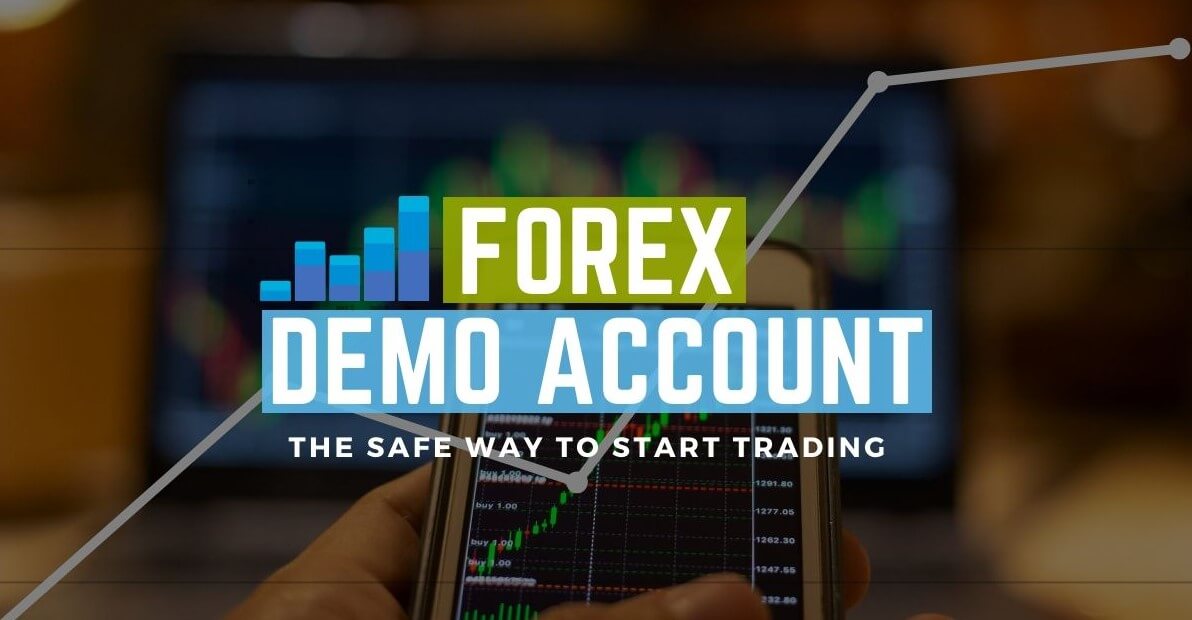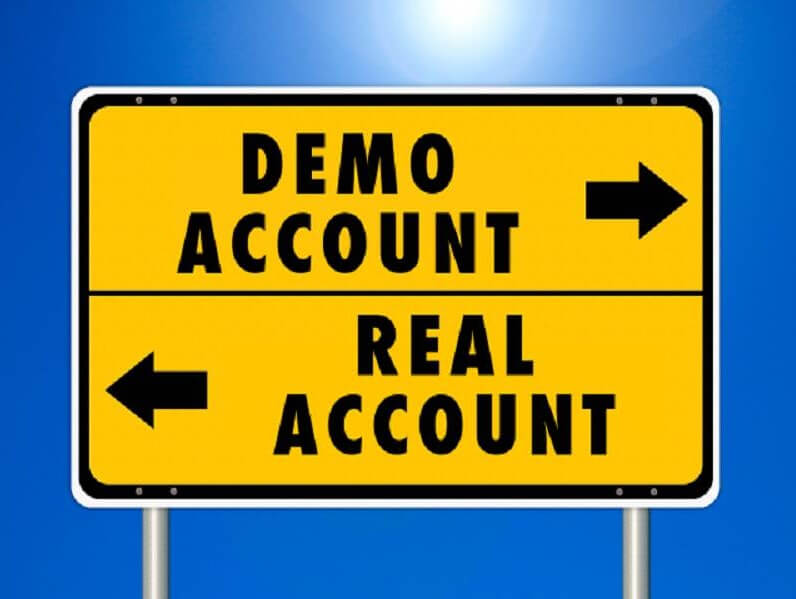A demo account allows forex traders to become more acquainted with a trading platform and to practice their skills and strategies in a live environment. Since demo accounts use virtual currency instead of real money, traders can use these accounts without taking any financial risk. There are several reasons why beginners and even advanced traders can benefit from these accounts, but there are also some cons that come from trading on them. Below, we will outline both the benefits and disadvantages of demo accounts.
Pros
Demo accounts are great for practice. You can take more risks than you would on a live account and more experienced traders can even use them to practice different strategies. Beginners can track their progress and have a better idea of when they are prepared to make a real investment. You can do all the research you want, but nothing is as practical as trading hands-on with a demo account.
They’re free: Most forex brokers offer demo accounts and it should never cost anything to open one. The reason why brokers provide these free services is that they want their potential clients to come into the market better prepared. Traders are less likely to blow their accounts and give up quickly if they have some practical experience. You’re also more likely to open a real account through the same broker that has provided your demo account, so this is a way for companies to gain future clients.
You can use them to practice different strategies: The internet is filled with information about different kinds of trading strategies. Some prefer scalping, while others take to swing trading, and there are a whole host of other options out there. You might read an article or watch a video about a strategy you’ve never tested and think that it sounds promising. A demo account is useful in this situation because you can test the new strategy without risking real money.
Opening one is quick and easy: The process of opening a demo account does not involve a headache. Brokers don’t ask for nearly as much information as they would if one were opening a live account. Most require your name, email address, and possibly country. Every now and then you might need to provide a phone number, but not always. One can fill in an account opening form and receive their login details in just a couple of minutes.
You can use them to test indicators: An indicator signals the best times to enter the market and is helpful when used correctly. Some indicators are available for free, but many providers might ask you to pay for them. The issue is that you never know for sure if the indicator is going to work effectively as many of them can give off false signals or experience other faults. This is why most traders test out promising indicators on demo accounts to see if they are worth investing in.
Demo accounts rarely expire: Most brokers will allow you to trade on your demo account indefinitely. Every once and a while, a brokerage might set a 30-day expiration date or cut off access to that account after so many days of inactivity. If you reach out to support, many brokers will allow you to keep using the same account. If not, you can always open a new demo account in a couple of minutes for free, so you can practice for as long as you want without being forced into opening a live account if you aren’t ready.
Cons
Demo accounts don’t prepare traders for the emotions related to live trading: When real money is on the line, we can get overly emotional. If you lose big, you might feel a lot of grief or beat yourself up over it. If you’re winning, you’re likely to feel excited, which can lead to other trading problems. Trading psychology is a whole other matter in itself, but it is important to know that demo accounts can’t prepare you for those feelings because real money isn’t on the line. These emotions can come as a shock to traders that aren’t expecting them.
Demo accounts don’t experience delays or slippage: On a live account, traders might see slippage in times of high market volatility or when important finance related news breaks. Slow internet connections can also cause issues with re-quotes. Everything happens faster on a demo account, so traders might not realize that these problems can occur once they switch to a live account.
You might become too used to using a demo account: Some traders never make the switch to a live account for whatever reason, even with good demo trading results. Perhaps they lose interest in trading or don’t want to make a real investment. The issue is that some traders just become too comfortable on the demo account and they continue to trade on it for an extended period of time. If those traders ever do open a live account, they will be more relaxed because of their altered expectations.
Traders handle money differently on a demo account. Sure, you might take your results seriously, but you won’t always make the same moves when real money is involved. What seems like a good move on a demo account might seem too risky if real money is on the line. This can alter one’s perception and change their results on a live account. Another downside is that many demo accounts start you off with an unrealistic amount of money, which also changes the way you trade.
Final Thoughts
Demo accounts offer several obvious advantages. One can sign up for them easily through most brokers without paying a dime. The accounts can be used to become more familiar with forex trading and to gain practice using different strategies, leverages, account types, indicators, and so on. However, demo accounts do present some dangers that aren’t as well-known. Traders don’t experience the same raw emotions or fear losing money in the same ways when they know that real money isn’t at risk. They also might not realize how re-quotes, slippage, and delayed execution can affect them in a real environment.
When traders aren’t aware of these issues, they might be too relaxed once they start trading on a live account. Those traders are then likely to incur losses because their expectations are off, and this could even cause them to walk away from trading for good. Despite the disadvantages, we highly suggest opening a demo account and taking advantage of their many perks. Traders simply need to be aware of the dangers involved and ensure that they are prepared to deal with the differences once they open a real account.


